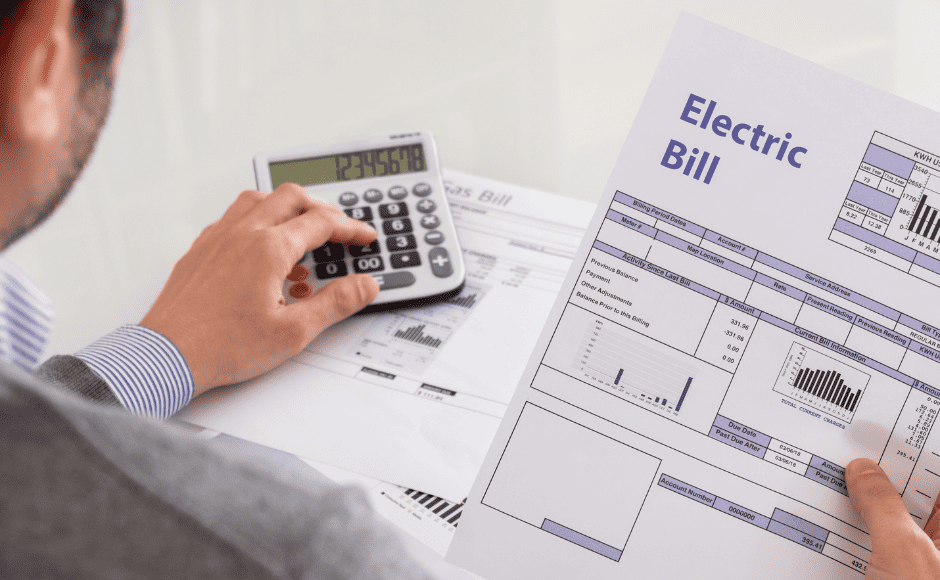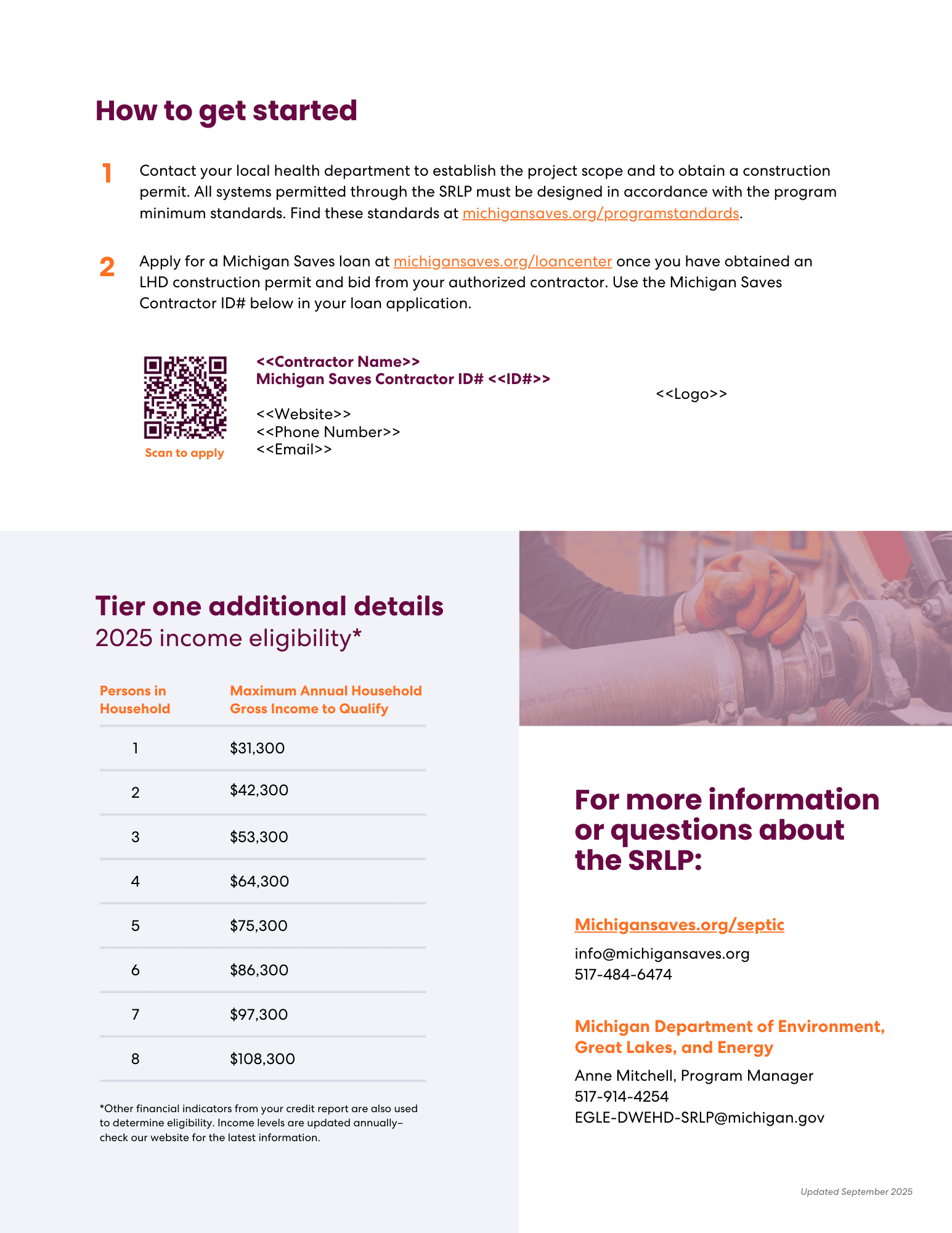
Understanding the information on your utility bills can be a powerful tool in reducing energy costs for your home or business. With energy costs on the rise globally, it’s essential to take steps to manage energy use effectively. Here’s how to use your utility bill breakdown to get started.
Make Your Natural Gas and Electric Bills Work for You
The energy sources that power some home and business components (like HVAC systems, water heaters, ovens, and stoves) will vary, but regardless you can take targeted, energy-saving steps to lower your natural gas and electric bills.
Heating and Cooling Efficiency
Heating and cooling expenses make up about 43 percent of a home’s total energy costs—a major opportunity for savings. Improving insulation, sealing air leaks, replacing HVAC filters every three months, and getting your HVAC system serviced twice per year can significantly reduce your energy usage. You can also install programmable thermostats (smart thermostats) or manually optimize settings.
Water Heating
Water heating costs make up about 18 percent of your energy bill. If your water heater uses natural gas, lowering its thermostat and insulating it can reduce consumption. Consider also using less hot water by taking shorter showers and using cold water for laundry.
Efficient Use of Major Electrical Appliances
Electric appliances account for about 15 percent of a home’s energy use. The biggest “energy hogs” are refrigerators and clothes washers and dryers. Your electricity use can be significantly reduced through these measures:
- Light bulbs. Energy efficient light bulbs, such as those with ENERGY STAR® labels, use up to 90 percent less energy than standard bulbs, saving approximately $55 over their lifetime. LED lighting is another excellent option, offering savings of up to $225 annually.
- Appliance use. Use appliances like dishwashers and washing machines efficiently by running full loads. Where possible, unplug appliances when not in use, as many can continue to draw electricity even when turned off. Consider using power strips to manage standby power.
- Appliance maintenance. Ensure your refrigerator and freezer are at optimal energy efficient temperatures and regularly clean their condenser coils.
- Energy efficient upgrades. Upgrading to new appliances and office equipment with ENERGY STAR® labels can lead to significant energy use reduction. Additionally, investing in solar panels can eventually lead to free energy, with a payback period of about 6–12 years.
What Your Bill Might Not Tell You: Other Ways to Save
There are plenty of other ways to drastically cut your natural gas and electricity costs not mentioned on your bills:
- Government assistance. If you’re struggling with high electricity bills, you may be able to qualify for government assistance programs like the Low Income Home Energy Assistance Program.
- Federal and state tax credits and rebates. The federal government and many state governments offer incentives for certain energy efficient purchases and upgrades, such as tax breaks and rebates. Find out which apply to you.
- Working with green banks and energy efficiency nonprofits. Green banks and energy efficiency-aligned nonprofit organizations, like Michigan Saves, understand that some home and business investments can be expensive. They may be able to offer you low-cost financing for ecofriendly appliance and system upgrades, or to help you save on your energy bills in other ways.
Lower Your Energy Bills with Michigan Saves
Along with any DIY energy improvements you make as a Michigander, Michigan Saves can help keep your energy bills down—now and all year long. Our home and business financing help you quickly turn your home or business into a comfortable and energy efficient space by paying for virtually any energy upgrade you need.
If saving money and energy is your goal, you’re in good hands. Get professional help from one of our authorized Michigan contractors in your area. Start saving with us today!




